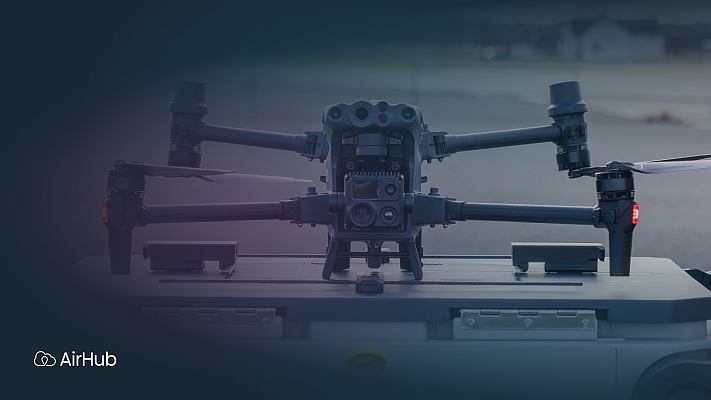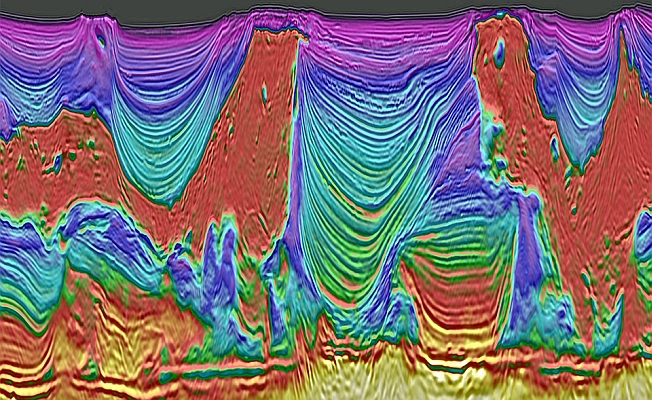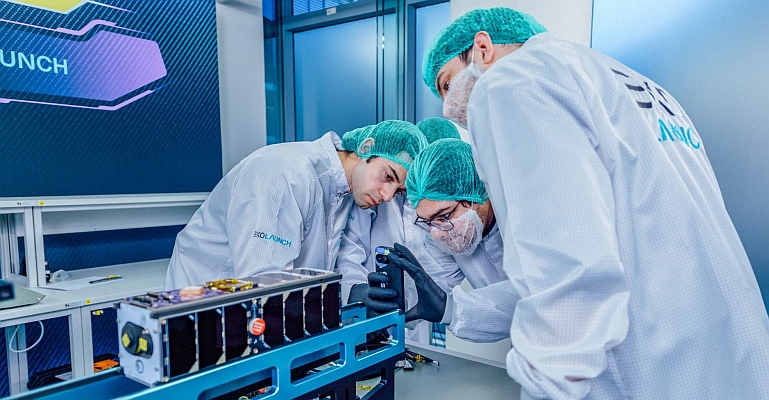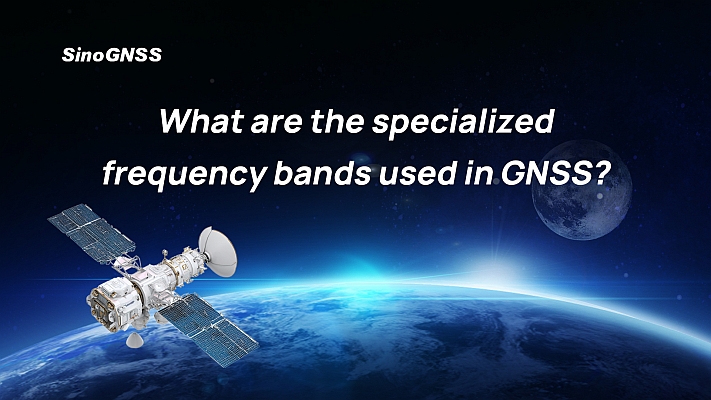With the successful launch of the UK-DMC2 and Deimos-1 satellites, SSTL has expanded the capability of the spaced-based disaster monitoring system, the Disaster Monitoring Constellation. The British-built satellites were launched onboard a Dnepr rocket from the Baikonur Cosmodrome in Kazakhstan at 18:45 UTC on Wednesday, 29th July 2009.
UK-DMC2 and Deimos-1 were launched alongside four other satellites onboard the Dnepr launch vehicle: DubaiSat-1, AprizeSat-3, AprizeSat-4 and Nanosat-1B.
Following confirmation of separation from the launch vehicle, ground stations in Guildford and Spain established contact with UK-DMC2 and Deimos-1 respectively and commissioning of the satellites is now progressing.
Both satellites will bring significant enhancements to the DMC, which provides Earth observation imagery for a range of commercial and environmental applications as well as to the International Charter: Space and Major Disasters. The first satellite in the DMC, AlSAT-1, was launched in 2002 and with the addition of these further two satellites the total number of operational DMC "eyes in the sky" has been increased to six.
UK-DMC2 and Deimos-1 were designed and built by SSTL at the Company’s state-of-the-art facilities in Guildford. Deimos-1 was manufactured for a Spanish customer, Deimos Space, while UK-DMC2 is owned by SSTL and will be operated by the company’s subsidiary, DMCii. The latest spacecraft continue SSTL’s rapid advances in innovative space solutions with each satellite having ten times the capability of the satellites launched just five years ago.
The launch coincides with the launch of the UK Government Space Innovation & Growth Team, tasked with creating a 20-year strategy for the space industry that will build Britain’s leadership in space.






